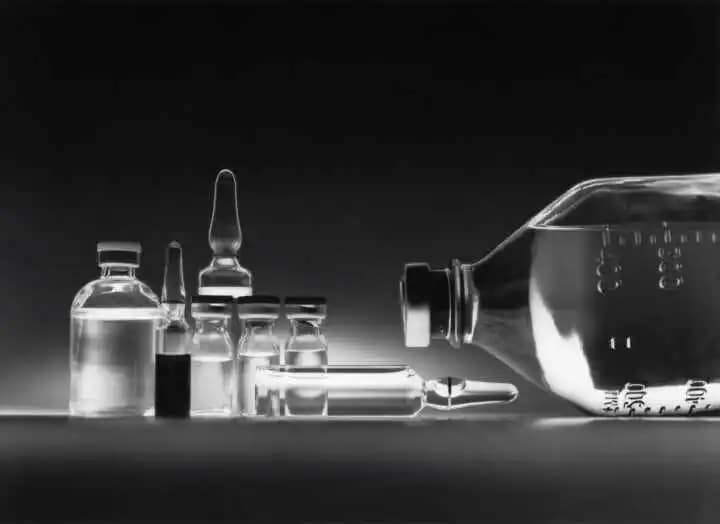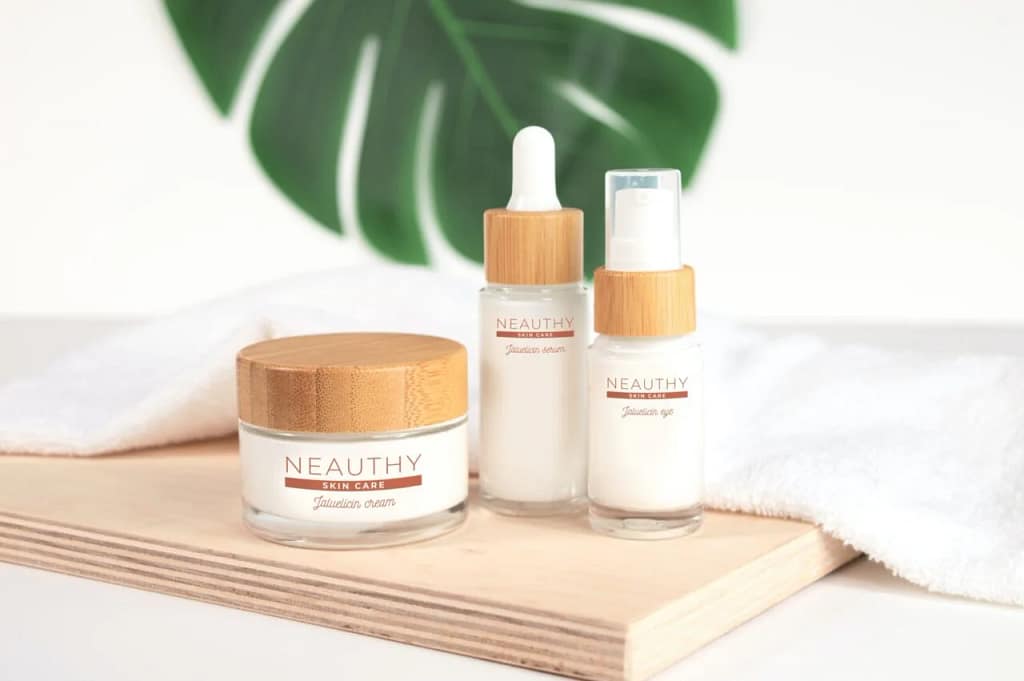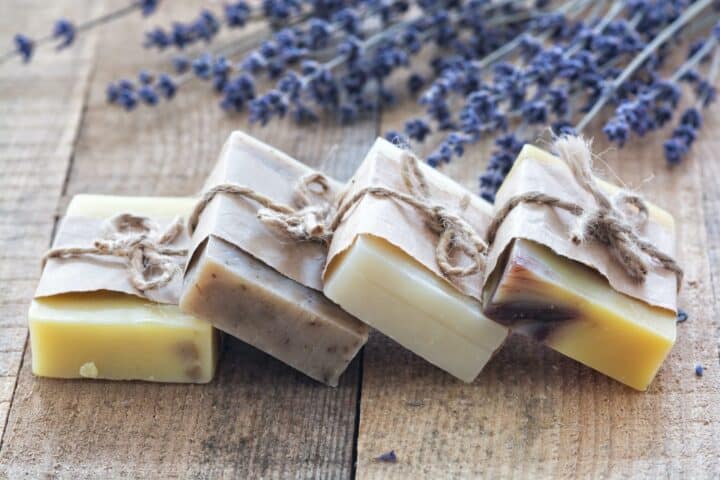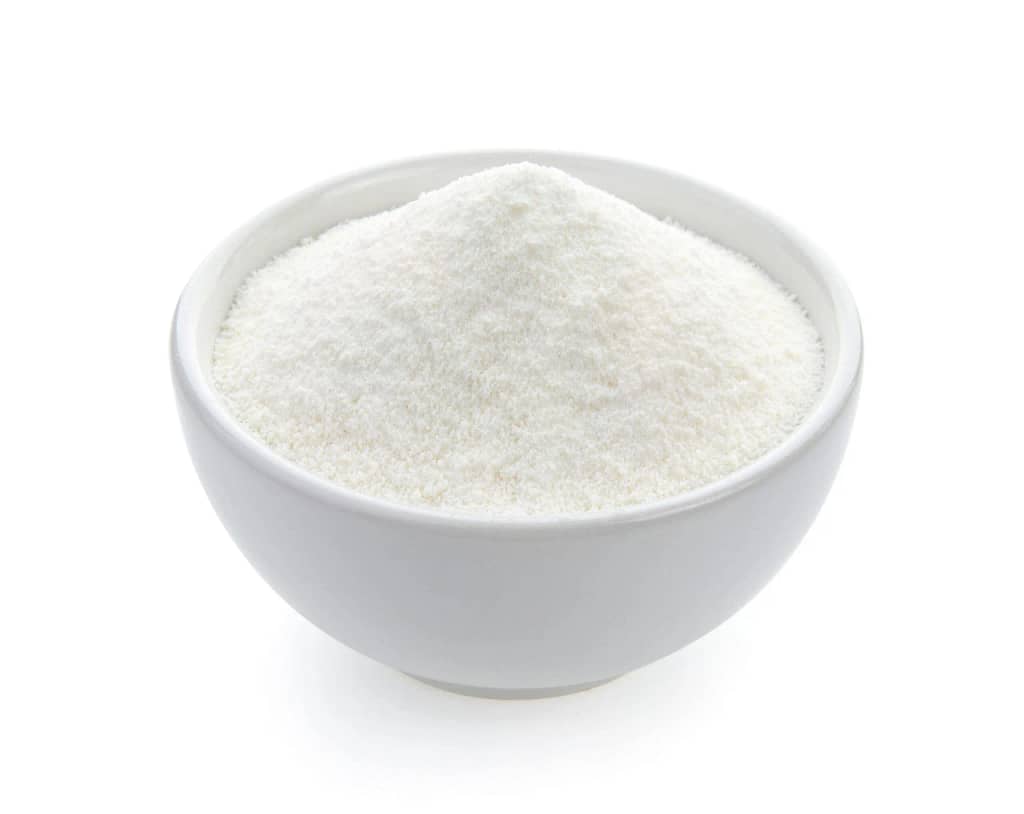Lauric Acid Website
Tradeasia International as a global Lauric Acid supplier provides you with Lauric Acid for your market and industry solution. Now you can get Lauric Acid in a variety of grades, quantities, and packaging
Lauric Acid Website
Tradeasia International as a global Lauric Acid supplier provides you with Lauric Acid for your market and industry solution. Now you can get Lauric Acid in a variety of grades, quantities, and packaging.
Lauric Acid
Lauric acid, commonly known as dodecanoic acid, is the main fatty acid in coconut oil and palm kernel oil. It is an organic compound with a molecular formula of C12H24O2, with an appearance of a white solid and a faint odor of bay oil. Lauric acid is a non-hazardous substance that has antimicrobial properties. Lauric acid is insoluble in the water, but it can dissolve in organic solvents. If exposed to air, lauric acid tends to absorb moisture and form acid, causing corrosion in the container. Lauric acid reacts with sodium hydroxide to produce sodium laurate, the main ingredient for soap and shampoos. There are many Lauric Acid applications

Manufacturing Process

Lauric acid occurs naturally as a glyceride in coconut oil, Litsea Cubeba (LC) kernel oil, palm kernel oil, and pepper kernel oil. It could derive from the hydrolysis of natural oils and fats in industry. Under 250°C temperature and 5MPa pressure, coconut oil, water, and catalyst are autoclaved and hydrolyzed to produce glycerol and fatty acid. Dodecanoic acid has a content of 45-80% and can be further distilled to obtain dodecanoic acid.
Applications

Medical Industry
Lauric acid has antimicrobial characteristics to treat viral diseases such as influenza, swine flu, avian flu, the common cold, fever blisters, cold sores, genital herpes, and even HIV/AIDS. It is used to prevent HIV transmission from mothers to children in the majority of cases. Apart from that, it also treats bronchitis, gonorrhea, yeast infections, Chlamydia, intestinal infections, and ringworm. As an antibacterial agent, it tackles ailments like Helicobacter pylori bacteria, stomach ulcers, stomach cancer, and heart disease. Lauric Acid is the only saturated fatty acid compound that shows bactericidal activity against H-pylori. The antiviral action of this chemical is revealed by its ability to prevent the Junn virus from maturing and replicating. When increasing the triglyceride content in this acid reduces the virus’s ability to multiply.

Cosmetics Industry
It’s found in skincare and beauty products because of its antibacterial and anti-acne properties. Lauric Acid can also produce monolaurin, a surfactant that is used in deodorants and other cosmetics.

Soap and Detergent Industry
Lauric acid can react with natrium hydroxide or potassium hydroxide in a reaction known as saponification. The reaction of lauric acid with NaOH produces solid soap, whereas the reaction with KOH produces liquid soap. Lauric acid has hydrating qualities as well. It’s also less expensive than other fatty acids and works well as a foaming agent.

